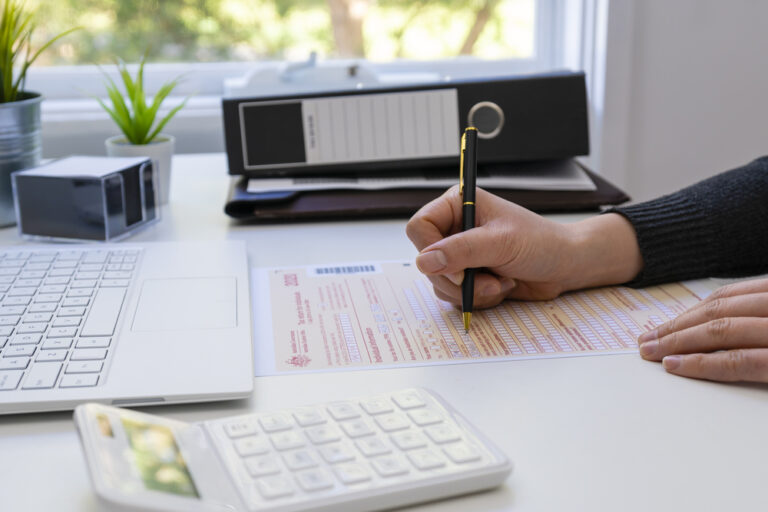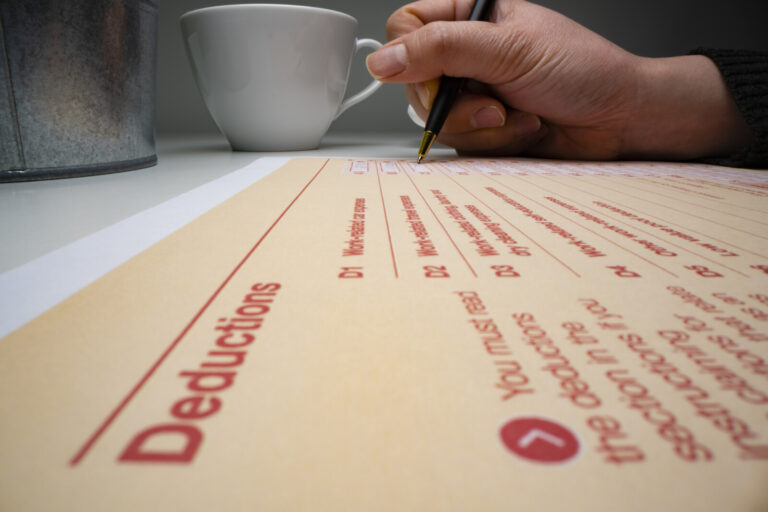Is your number up this tax time? Claims the ATO will scrutinise
CPA Australia No one likes being treated as just a number, but with millions of returns and tens of billions of dollars at stake, that’s the reality when it comes to how the Australian Taxation Office (ATO) assesses tax returns. The ATO uses data-driven profiles based on things like employment type and financial investments to identify where some people may be pushing the boundaries. If your claims are disproportionate to what the ATO would expect from someone in a similar job to you, or with similar financial investments, you may be asked to provide additional evidence to validate your claims. That’s why CPA Australia is urging Aussies to be thorough with their tax returns, including declaring all earnings and having evidence to back up any deductions. Anything that stands out from the crowd may attract the ATO’s attention. “It’s important that everyone pays the right amount of tax and claims what they are entitled to,” said CPA Australia spokesperson Gavan Ord. “The ATO uses highly sophisticated analytics to scrutinise all claims, including those relating to working from home and motor vehicle expenses, income from rental properties, as well as undeclared income from investments like cryptocurrency. “Your tax return is your personal responsibility, and you should be as thorough as possible when declaring your income and claiming deductions. Failure to properly declare all of your income, or over-the-top expense claims, may set off alarm bells and your claims could be rejected if you don’t have the evidence.” Work-related expenses Work-related deductions are the biggest deduction in most Australians’ tax returns, and some individuals may be tempted to overstate their expense claims in this area. Others may put in claims without sufficient evidence to support them. The ATO is focused on ensuring the correct apportioning of expenses between work and private use, including when you work from home. Keeping a diary of all your work-related activity and having the corresponding receipts is crucial. Your record should include: There are two ways to calculate working from home deductions – the fixed rate method (when you can claim a set rate of 67 cents for every hour worked from home) and the actual cost method. Having records mean you can choose which works best based on your individual circumstances. Motor vehicle expenses There are two methods of claiming a tax deduction for motor vehicle use for work purposes, but whichever is used, you must ensure the claim is accurate and properly evidenced, whether it’s for fuel, servicing or lease payments. If you use a motor vehicle for both business and private use, you must be able to correctly identify and justify the percentage you are claiming as business use. The percentage that is for private use isn’t claimable. To claim accurately, you will need to use a logbook or diary to record private versus business travel. Travelling from home to work is considered private use, unless you are a home-based business and your trip was for business purposes. Income from rental properties For rental property claims, the ATO is focusing on owners who make claims for renovations as repairs. Repairs to the property because of wear and tear or damage from tenants are tax deductible. However, if the work results in an improvement rather than just repairing damage, or results in the replacement of an asset, the expenses will be capital in nature and you can only claim a depreciation expense, not for the entire cost in the year it was spent. Claiming mortgage interest in full when there were drawdowns for private purposes, as well as declaring net income after expenses from annual rental summary of real estate as gross income, will also be under the microscope. Undeclared income (e.g. crypto profits) The ATO is also focused on undeclared income, now including money made from cryptocurrency. The most common use of crypto is as an investment, in which case the crypto asset is subject to capital gains tax (CGT). If you acquire a crypto asset as an investment, transactions such as disposal, exchange or swaps are a CGT event, and you may make a capital gain. If you hold the crypto asset as an investment, it will not be exempt from CGT as a personal use asset. You will make a capital gain if the proceeds from the disposal of your crypto asset is more than its cost base. To work out if you made a capital gain or capital loss from each CGT event, keep your records for each crypto asset and your transactions. You may be able to reduce capital gains using the CGT discount if you hold your crypto asset for at least 12 months. Source: CPA Australia The information provided in this article is general in nature only and does not constitute personal financial advice.

